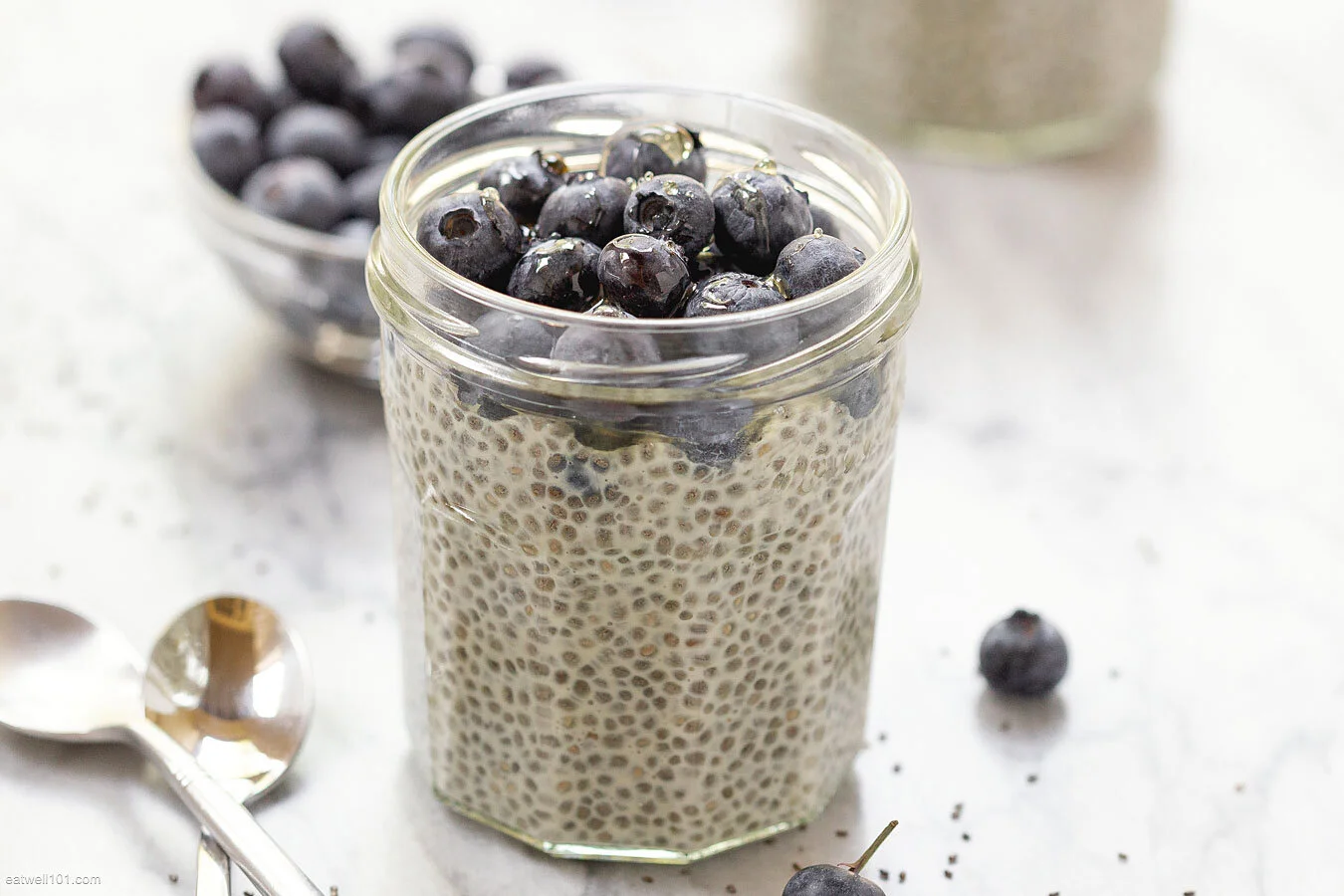You Should Be Eating Seeds—Here's Why
Most of us are stocking up on canned goods, pasta, dried beans, cereals, baking ingredients (!) and an assortment of condiments to stash in the pantry these days but don't consider seeds—and you absolutely should if you care about your health.
Consider this: Seeds contain all the essential materials necessary to develop into complex plants. Because of this, they are extremely nutritious. In addition to being a great source of protein, seeds have been shown to support weight loss, regulate blood sugar and benefit digestion. Seeds are loaded with fiber, which moves through the digestive tract slowly to help keep you feeling fuller for longer. Fiber also feeds your good gut bacteria. Protein is key because it lowers levels of ghrelin, the hormone that stimulates feelings of hunger.
I keep mason jars of seeds in my pantry—usually from the bulk aisle at Whole Foods—including sunflower, pumpkin, chia and flax (both whole seeds and ground). After researching for this post, I'm going to add hemp to the mix. Here's why they are all so great for you—try to aim for 1 ounce (2 tablespoons) a day.
5 seeds to stock up on
Chia Tiny but powerful, they pack 10 grams of fiber per ounce. They're also rich in protein, anti-inflammatory omega-3 fatty acids, vitamins and minerals including 30% of your recommended daily intake of magnesium. They've been shown to reduce blood sugar and lower heart disease risk. Sprinkle them on oatmeal, yogurt or veggies, or make a chia pudding (recipe below).
Flax The nutrition profile is similar to chia seeds—lots of fiber, protein and magnesium. Flaxseeds also contain polyphenols—micronutrients with antioxidant benefits. There's evidence they can reduce cholesterol, lower blood pressure and reduce cancer risks. Add the seeds to cereals, salads or soup, ground flax is good in smoothies and baked goods.
Pumpkin A great snack, especially when oven-roasted or pan-toasted, pumpkin seeds deliver protein, fiber, minerals and vitamins—a 1/4 cup contains 16% of your daily iron. One observational study of more than 8,000 people found that those who had a higher intake of pumpkin (and sunflower) seeds had a reduced risk of breast cancer.
Sunflower An extraordinary source of vitamin E—which keeps cells from aging (one ounce contains 47% of the recommended daily intake!)—sunflower seeds are also full of healthy fats and protein. Studies also indicate that sunflower seeds reduce cholesterol and inflammation. Add them to salads, yogurt, trail mix, and muffin or quick bread batter.
Hemp These seeds are loaded with protein (an ounce equals 30% of your RDI); in fact hemp is one of the few plants that are complete protein sources, meaning they contain all the essential amino acids that your body can't make. Hemp seeds offer even more magnesium than chia—plus vitamin B1, zinc, and heart-healthy fatty acids. Eat them on their own or on salads or yogurt.
Chia Breakfast Pudding
Makes 1 serving
1 cup almond milk (or any nut milk), coconut or oat milk
1/2 teaspoon orange zest
1/4 teaspoon vanilla extract
3 tablespoons chia seeds
Topping options: berries, sliced bananas, unsweetened coconut flakes, chopped nuts, a bit of local honey or pure maple syrup
1. Combine the milk, orange zest, and vanilla extract in a small jar or bowl.
2. Stir in seeds, cover, and refrigerate overnight.
3. Serve with favorite toppings.
Chia Breakfast Pudding is packed with protein and high in magnesium, which can lower inflammation.


